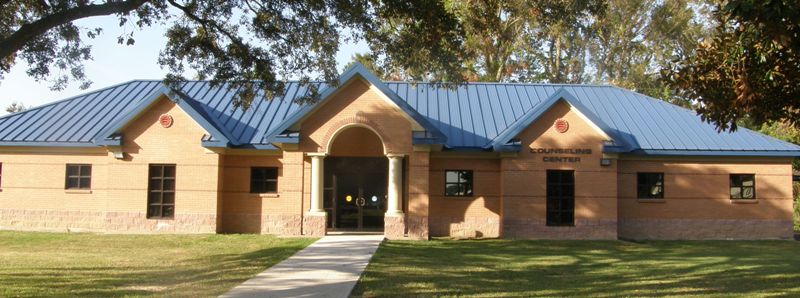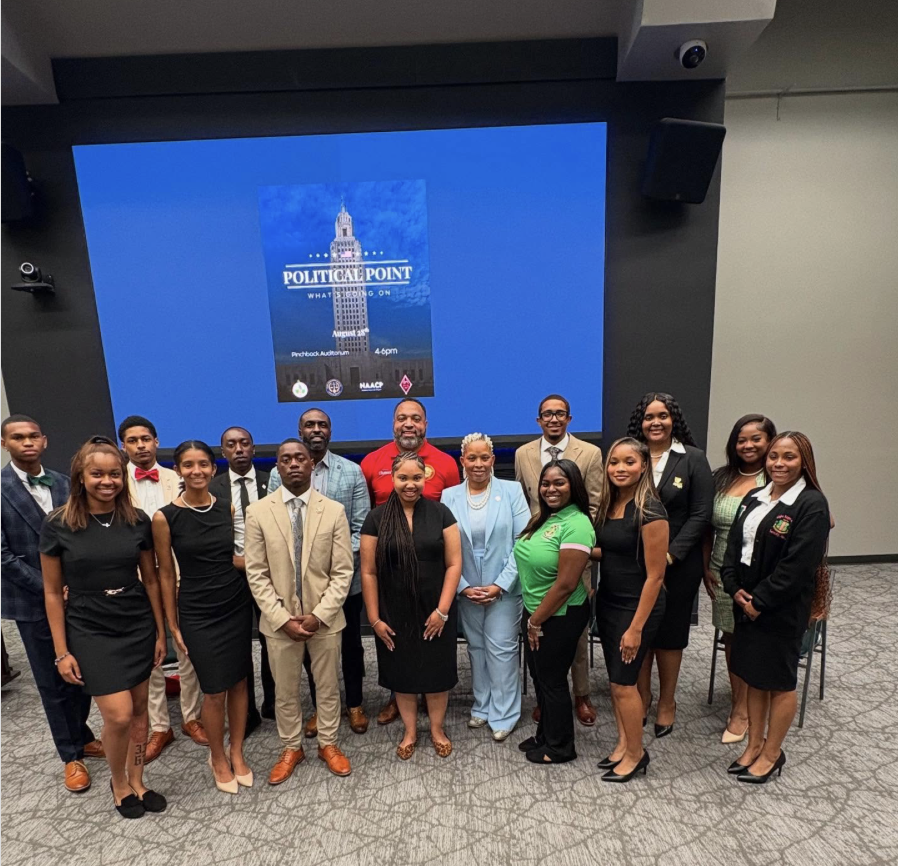Statistically speaking blacks are less inclined to utilize mental health or counseling centers in comparison to other ethnic groups.
According to a National Comorbidity Survey that examined how many people used mental health services, only 16 percent of blacks with a diagnosable mood disorder saw a health specialist and less than one-third talked with a health care provider.
“Though I feel there is a ‘stigma’ of not wanting to air out one’s dirty laundry, race or color doesn’t matter. If a person needs help, they are going to go get it,” said Colen Speed, the director of Grambling University’s counseling center.
The survey also compared the use of mental health services by different ethnic groups. It concluded that blacks received less care than whites.
In addition, the survey showed that, after entering care, blacks were more likely to terminate care than whites.
According to an article published by Psychology Today, in the past, blacks have been offered antidepressants and medication far less that whites. And despite evidence suggesting that blacks may metabolize psychiatric medication more slowly than whites, thus requiring lower dosages, they are often given higher dosages. As a result, blacks experience more severe side effects, often prompting them to stop treatment all together.
Race also plays a part in the employment rates of counseling professions. Mental Health United States reported that among clinically trained mental health professionals, only 2 percent of psychiatrist, 2 percent psychologist and 4 percent of social workers were black.
Many people believe that counseling does not only take place with doctors in that particular professional field but also may be derived from people and activities within the community.
“Black people as a race handle situations differently (such as) through prayer and church; we don’t utilize mental health facilities to handle our problems,” said Samuel M. Chesterfield, a psychology major from Baton Rouge.
In a study done by George Washington University in Washington, D.C., 42 black adolescents were used to examine their help-seeking behavior in three domains: problem recognition, decision to seek help and selection of helpers.
The findings suggested that the majority of the adolescents were less comfortable with formal intervention. However, they were open to community-based programs that could be located in school, church or community settings if the helpers were, young adults, understanding, non-judgmental, confidential and viewed as a “natural helper.”
“In the African American community, seeking counseling is considered a ‘taboo.’ We tend to work out our problems among ourselves. Whether it is talking with a close friend or confiding in one’s pastor or priest, it is all somewhat therapeutic for us,” said Brenda Hardy, a retired high school counselor from St. Landry Parish.
Categories:
Studies show blacks less likely to seek counseling
February 1, 2008
0
More to Discover





